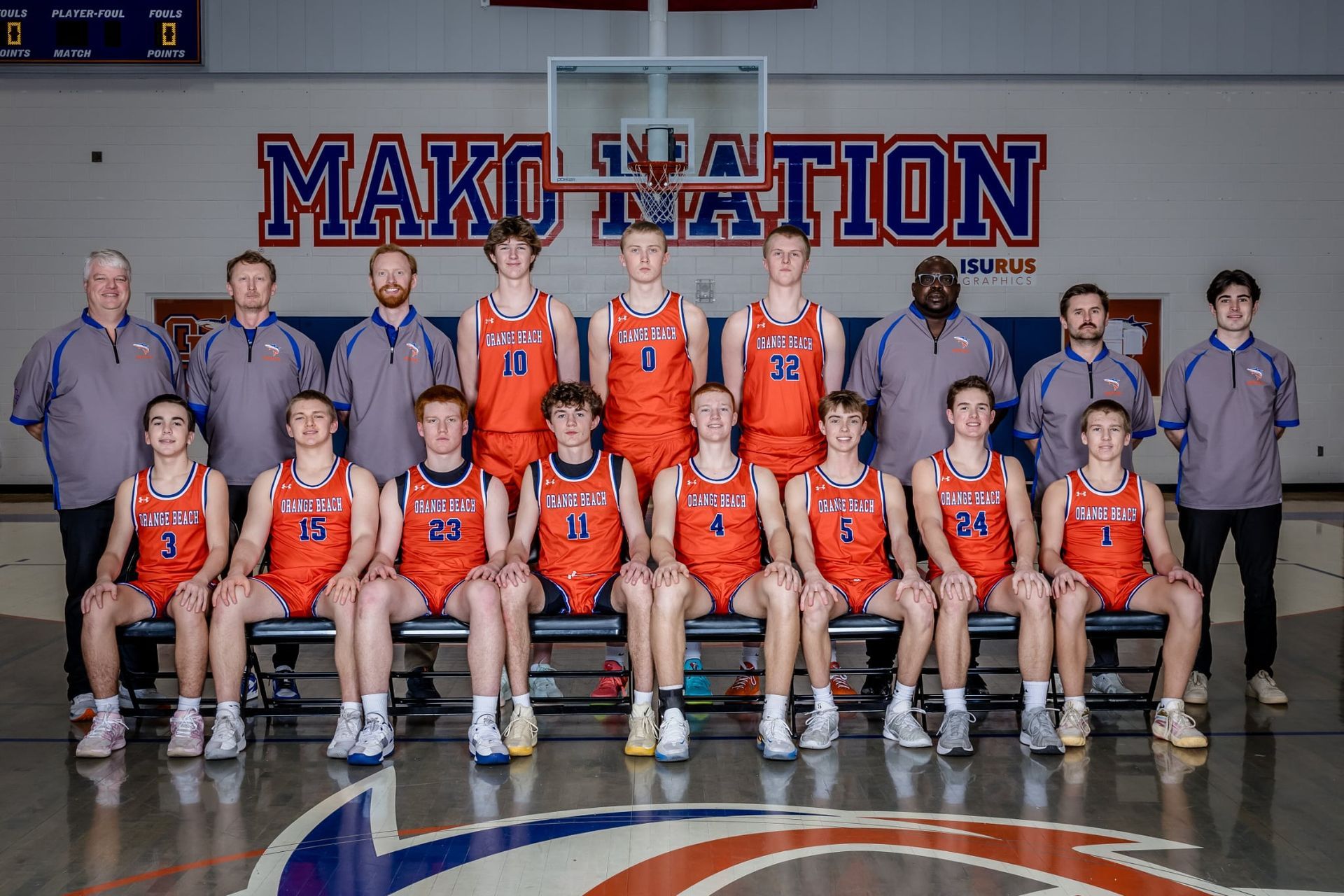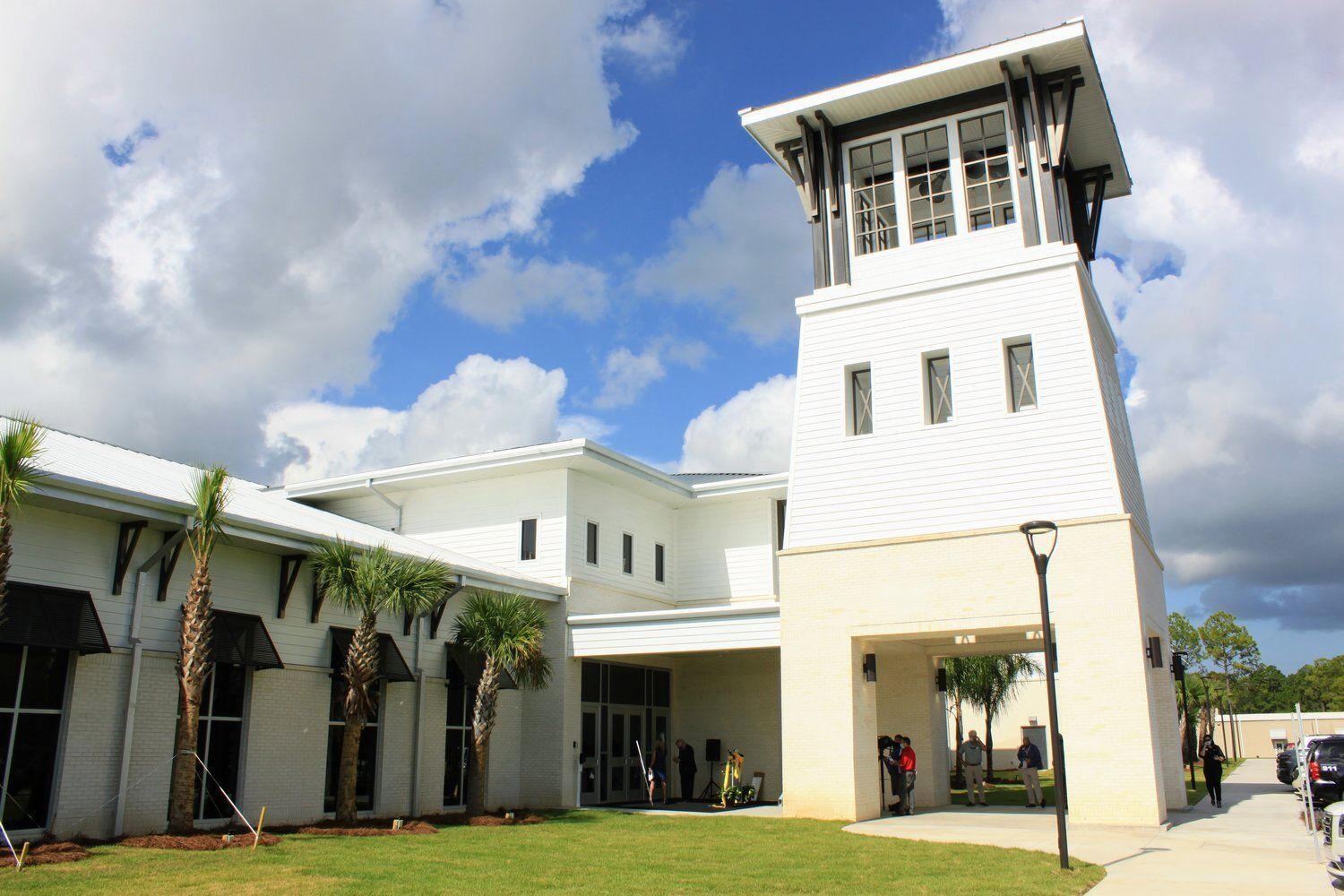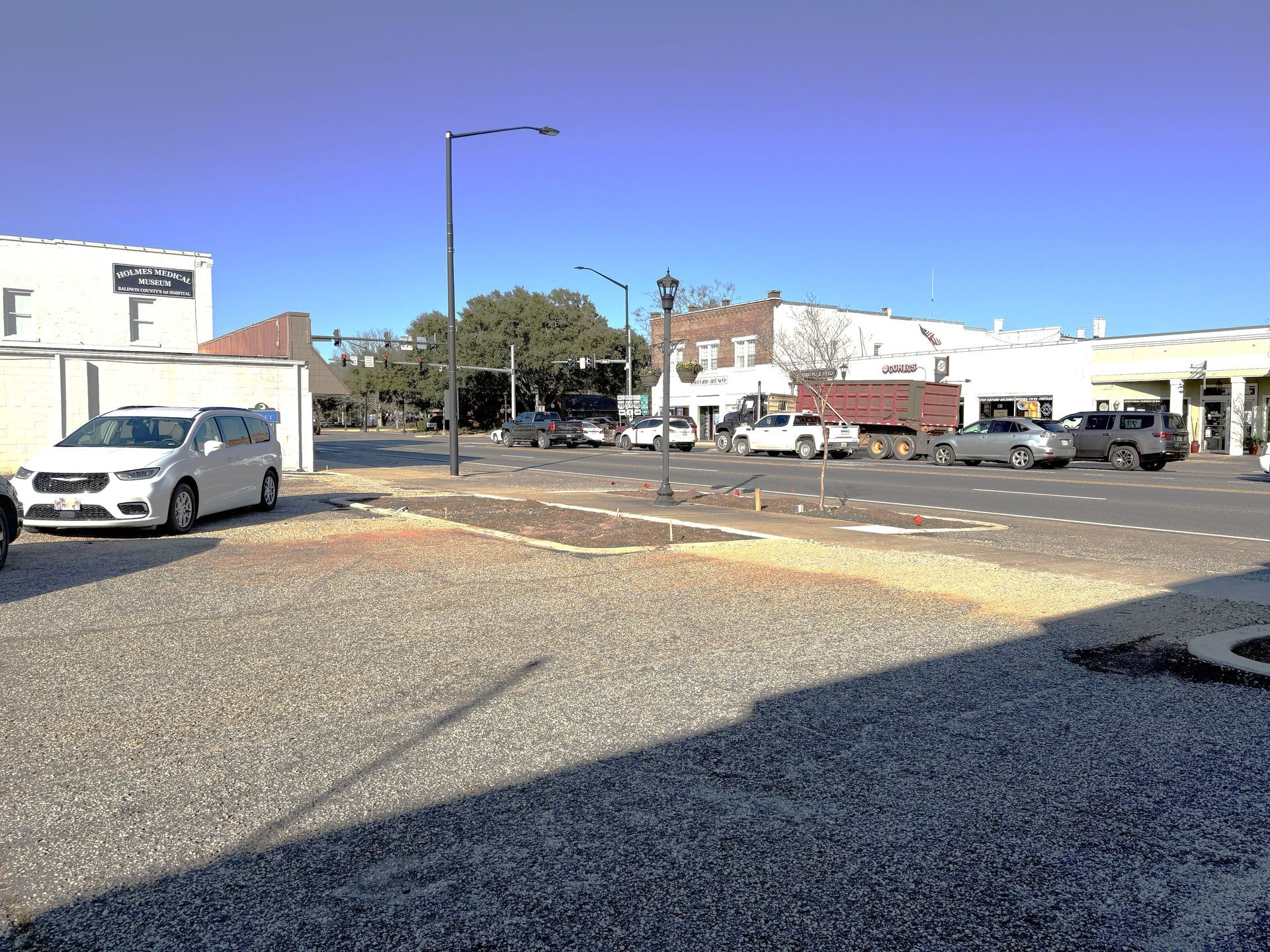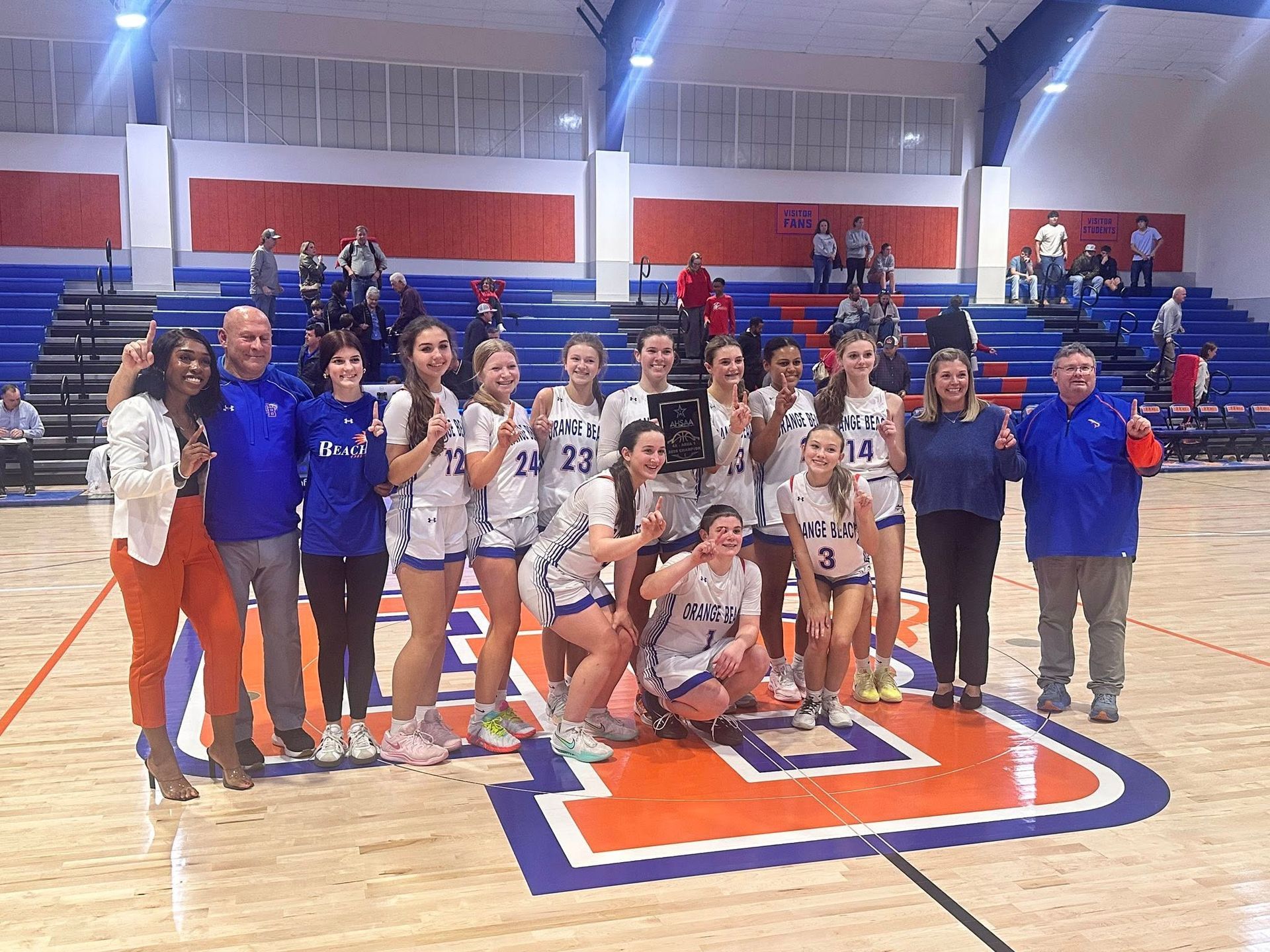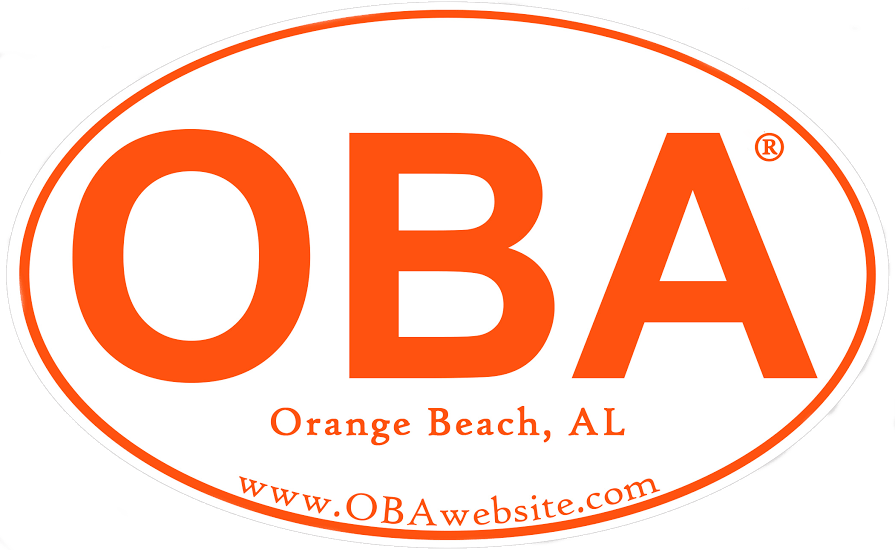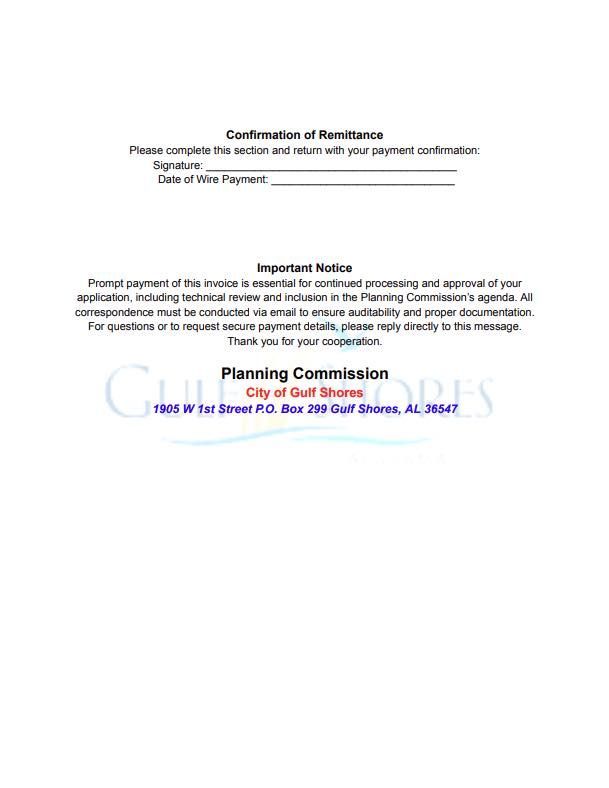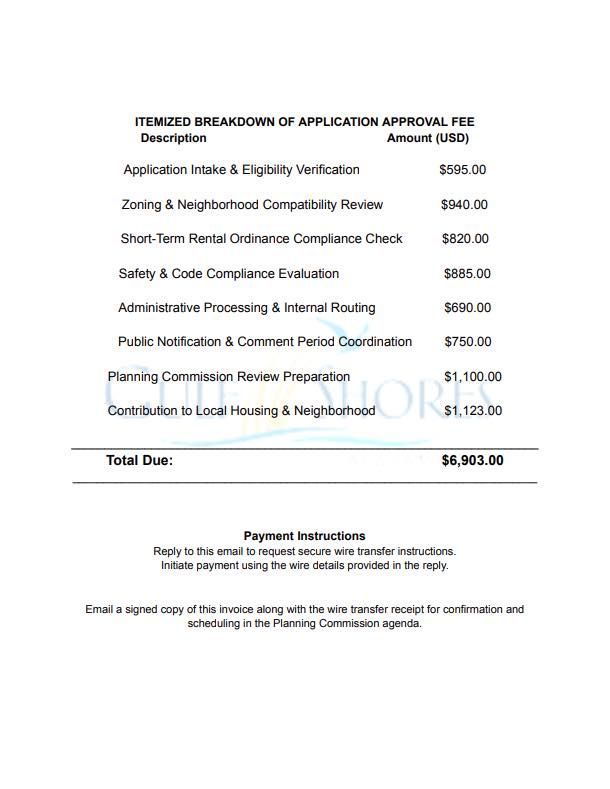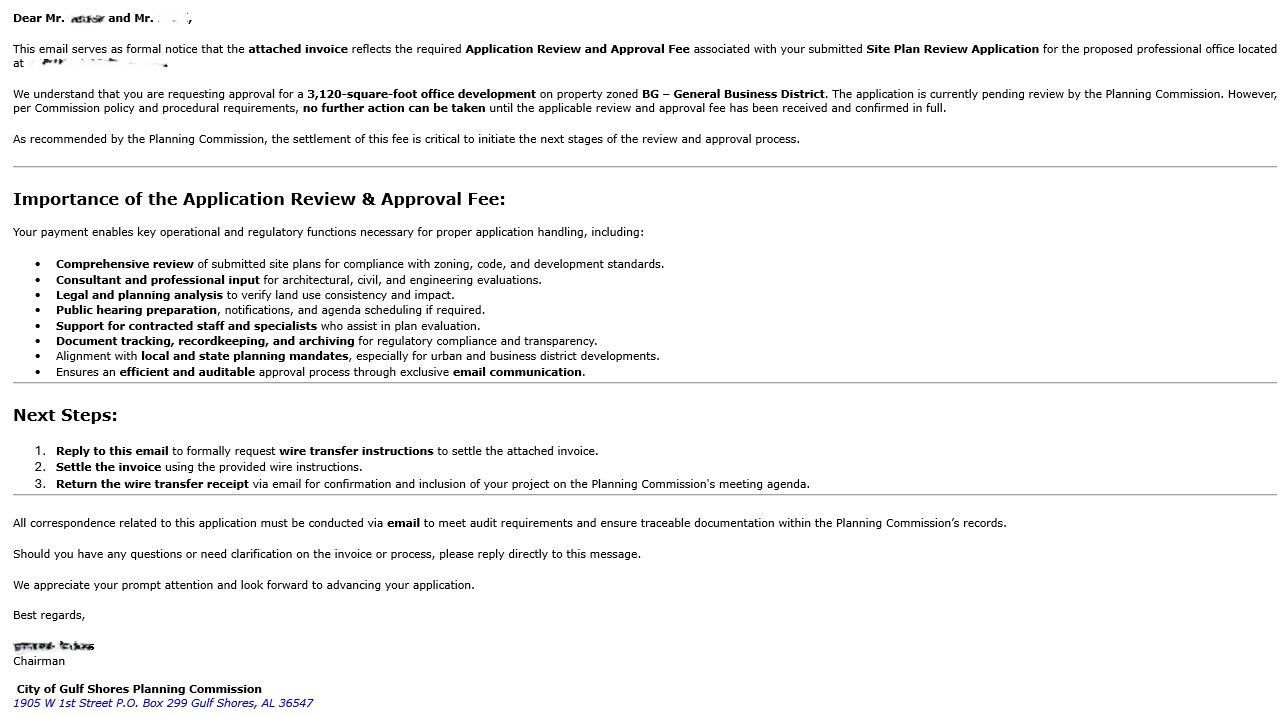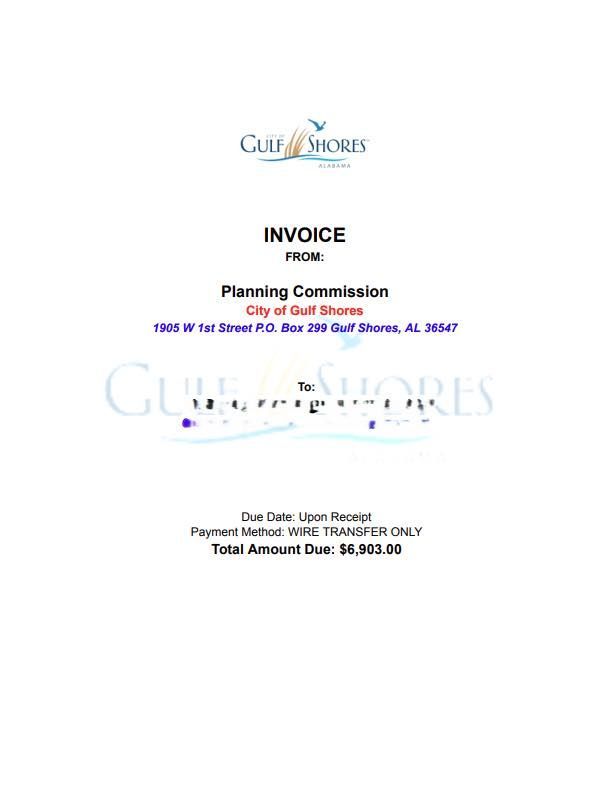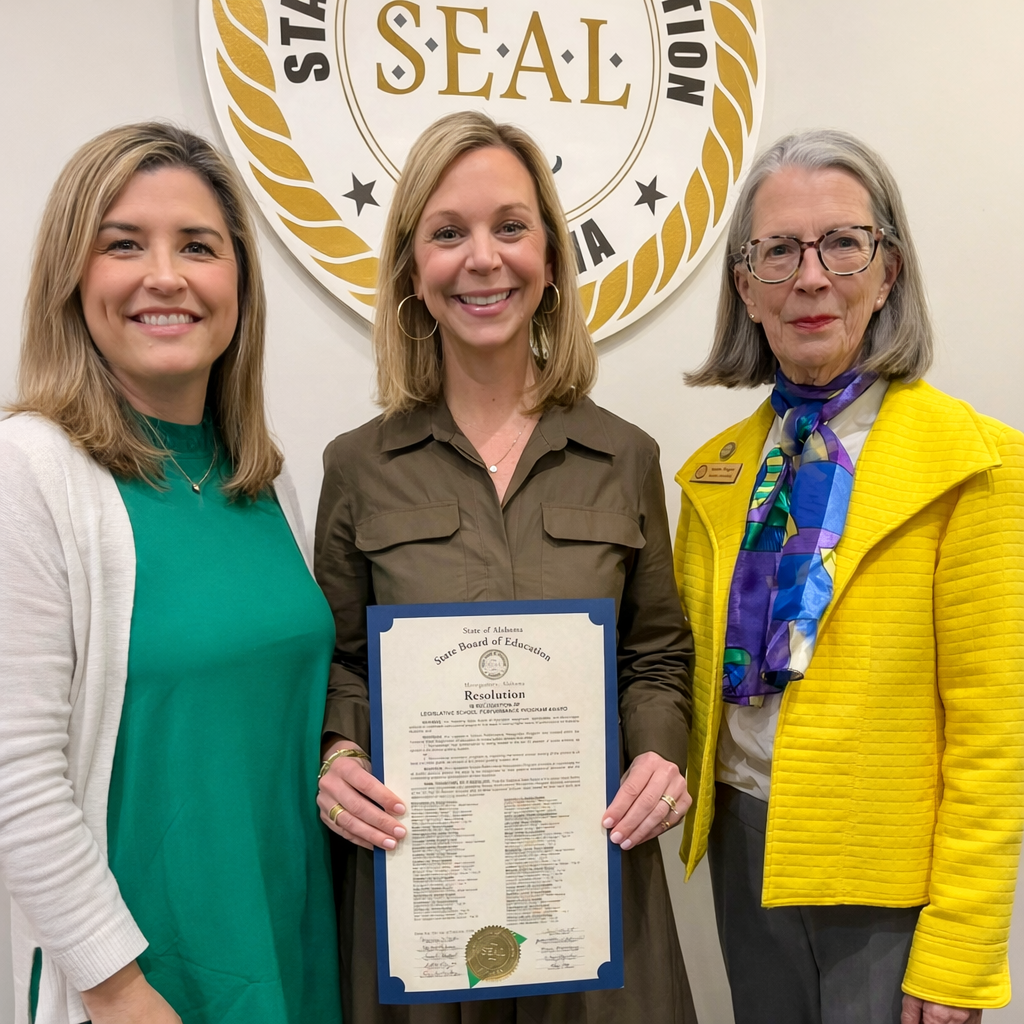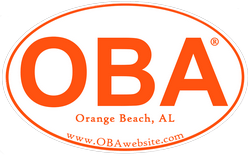Gulf Shores Residents Warned About Emails Seeking Wire Payments
Residents and small firms appear to be the targets

Gulf Shores, Ala. — (OBA) — The email looks official at first glance. It uses the Gulf Shores branding, a Planning Commission header, and a real city mailing address. Then it directs recipients to request wire transfer details by replying to the message. The document lists a total due and says further action will not occur until the invoice is paid.
The paperwork references $6,903 total due and a payment method listed as wire transfer only. It includes a line-item list for reviews and compliance checks. The message also mentions a 3,120-square-foot office proposal on land labeled BG General Business District. Recipients are told to reply for secure routing numbers.
City webpages describe how site plan applications are handled and where to send them. The process points to the Planning and Zoning Department at 205 Clubhouse Drive, Suite B, with a typical 30-day review that ends at a Planning Commission meeting. No public guidance on those pages directs applicants to initiate payment by email or wire. That mismatch is what raised eyebrows.
The city’s general contact and mailing address at 1905 W 1st Street appear correctly used on the document, which helps the email pass a quick glance test. But applicants are normally told to work through Planning and Zoning channels rather than ad hoc email threads asking for financial details. Residents should use the phone number and contact portal listed on the city site to confirm any invoice.
Official fee pages outline application charges and advertising costs. They do not describe a one-time package fee that mirrors the email’s itemization or any requirement to pay only by wire.
Similar scams have hit planning applicants in other cities. Warnings from New Braunfels and San Francisco described near-identical tactics, including invoices sent by email and urgent instructions to wire funds. Those communities advised people to call the department directly and avoid replying to the suspicious message. The pattern looks familiar here.
If you receive one of these invoices, slow down and verify through the city’s listed numbers or in person. Do not use the phone or email provided in the invoice itself. Ask staff to confirm the fee, project number, and legal payment options. Keep the email for any police report if needed.
What to look for in the document is specific. The invoice includes a “Confirmation of Remittance” signature block, a request to return a wire receipt by email, and a breakdown of tasks like “Zoning & Neighborhood Compatibility Review” and “Planning Commission Review Preparation.” It also lists a “Contribution to Local Housing & Neighborhood.” Those descriptors may sound helpful, but they are not standard labels shown on public fee schedules.
Developers in Gulf Shores, Orange Beach, Foley, and nearby communities should keep regular contacts handy and confirm charges before moving money. When in doubt, visit the city website, locate Planning and Zoning, and start there. That step alone may prevent a costly mistake.
Scammers keep updating their playbook, but verification with trusted contacts still breaks the scheme every time.
Share this article w/ Friends...
